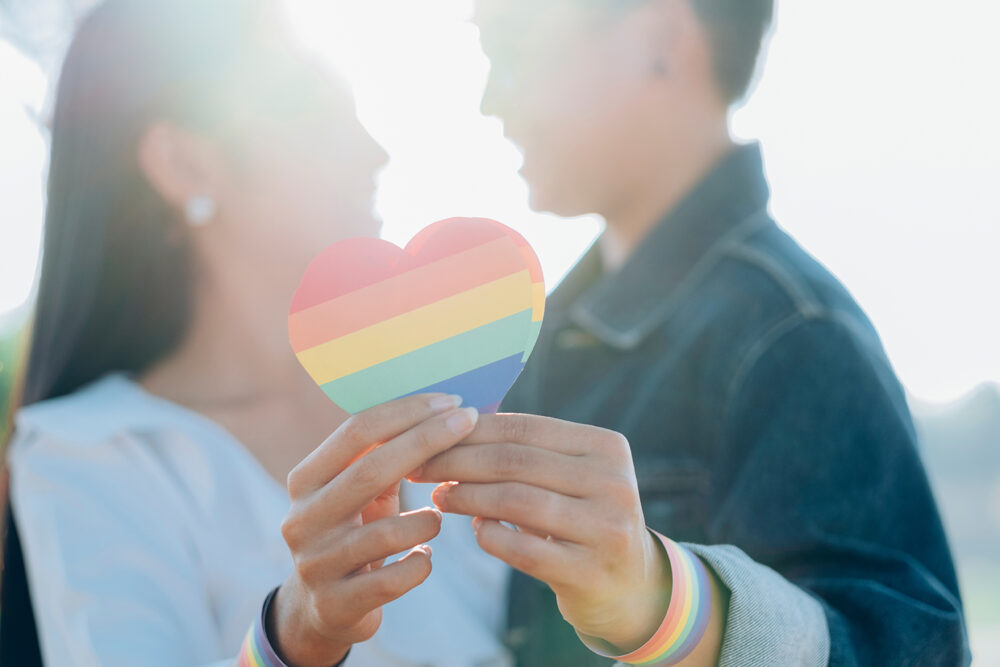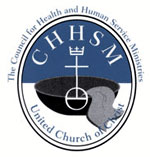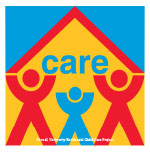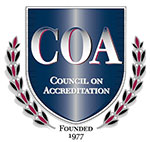LGBTQ Support Group
DATE: March 5, 2020
“All young people, regardless of what they look like, which religion they follow, who they love, or the gender they identify with, deserve the chance to dream and grow in a loving, permanent home.” National Foster Care Month 2015 Presidential Proclamation Throughout the United States, there are over 400,000 children and youth in the foster […]
READ MORE






